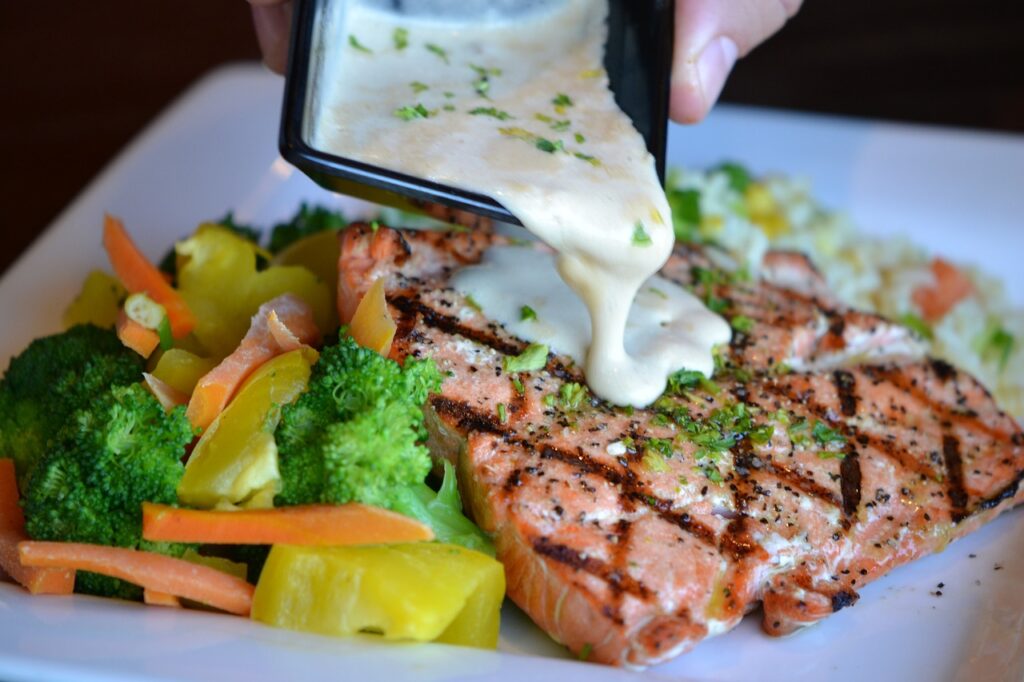What is Nutrient Density?
Nutrient density identifies the amount of beneficial nutrients in a food product in proportion to the energy content, weight or amount of detrimental nutrients. Terms such as nutrient rich and micronutrient dense refer to similar properties. Simply put, what determines the nutrient density of food is the amount of nutrients you get for the amount of calories. A nutrient dense food has lots of nutrients for the little calories.
Why Nutrient Density Matters:
The human body requires approximately 40 different micronutrients for normal metabolic function. Maximizing nutrient density should be a primary goal of our diet because deficiencies of any of these essential nutrients can contribute to the development of chronic disease and even shorten our lifespan. Nutrient deficiencies are not only a cause of chronic health conditions, but they can also be an effect. Small intestinal bacterial overgrowth (SIBO), dysbiosis, and gastritis impair nutrient absorption in the gastrointestinal tract and increase nutrient needs. Chronic inflammation increases the degradation of and need for vitamin B6 and reduces the body’s production of vitamin D from UVB light exposure. Exposure to environmental toxins such as heavy metals increases the need for essential minerals and nutrients involved in methylation. These factors make nutrient density even more crucial.
Choosing Nutrient Dense Foods…
Choosing nutrient dense foods can help pack in the most nutrition while staying within determined calorie limits. Let’s get a bit more specific on what constitutes a nutrient dense food. We want to look for foods that are rich in vitamins, minerals, complex carbohydrates, lean protein and healthy fats.
Vegetables & Fruits – These are the powerhouses of nutrient dense foods. Vegetables and fruits are packed with vitamins, minerals, fiber, phytochemicals, and antioxidants and tend to be very low in calories.
Proteins – Lean meat cuts, seafood and poultry are excellent sources of protein, B vitamins, iron, and zinc. Protein is an important nutrient for muscles and skin and also can help you feel satisfied and full. Keeping your meat choices lean helps to keep the calories low.
Whole Grains – Whole grains, like fruits and vegetables, provide a variety of vitamins, minerals, antioxidants and are an excellent source of fiber. Choose products in which “whole” is one of the first words in the ingredient list to get the most nutrition from your grains.
Nuts & Beans – These are great protein alternatives that are brimming with nutrition. Nuts are a great source for healthy fats and beans are a wealth of fiber. Since nuts contain a lot of fat it is important to watch portions and overall calorie intake.
Dairy – Dairy products provide calcium and Vitamin D for strong and healthy bones. They are also a great source of potassium and protein as well. As with nuts, some dairy can be high in clories so choose wisely.

